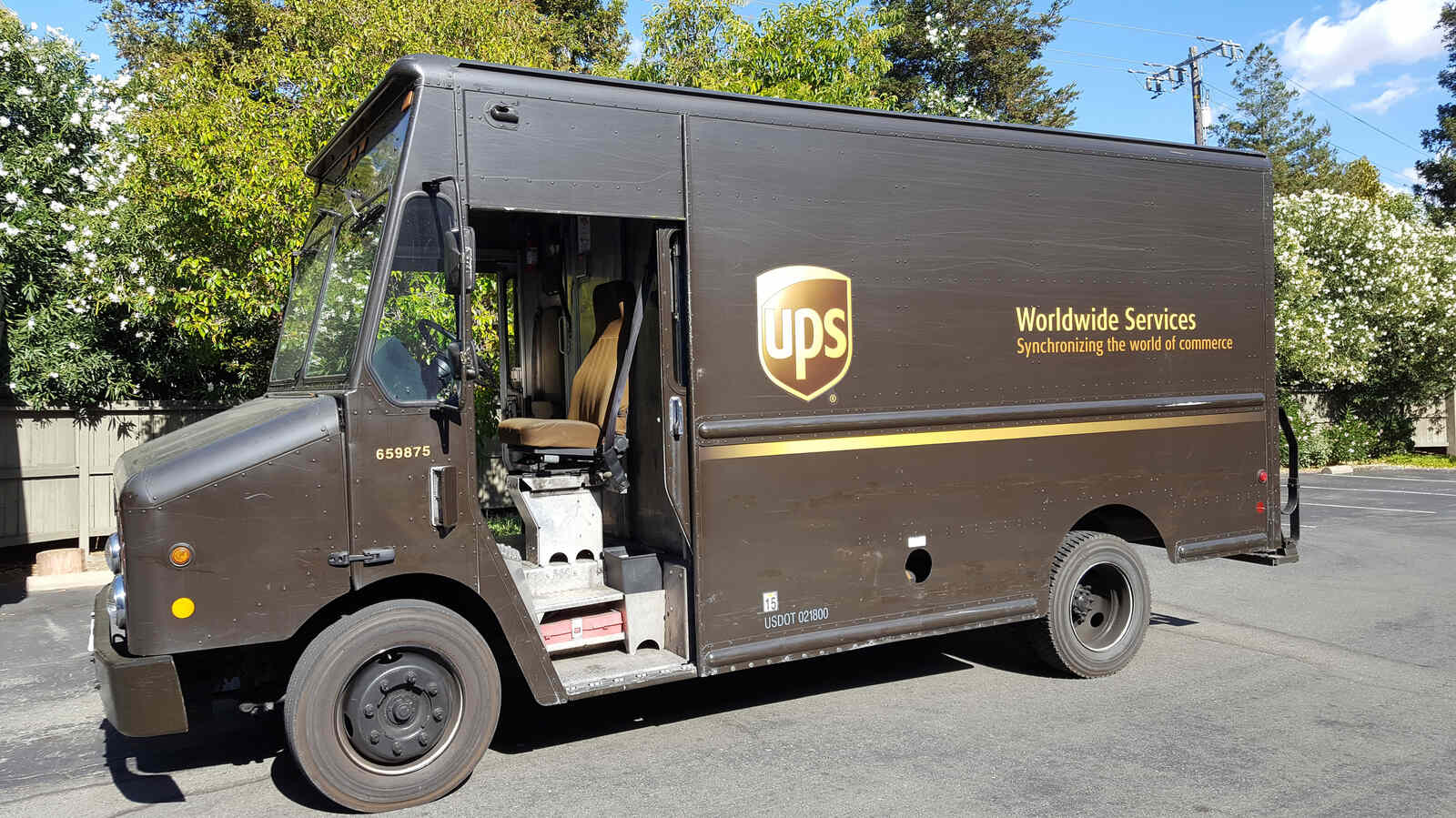
UPS drivers aren’t just delivering packages — they’re apparently earning salaries that far outpace the typical American worker. With an average annual income of $95,000, full-time UPS drivers make 60% more than the median U.S. worker’s wage of $59,436, according to Labor Department data. When you include benefits such as health insurance, pensions, paid leave, and sick days, their total compensation jumps to $145,000. Drivers with specialized routes, like tractor-trailers or long-haul positions, can earn up to $172,000 annually.
How do UPS drivers reach these higher-than-average earnings?
Much of it comes down to the Teamsters union, which represents about 340,000 UPS employees and negotiates contracts every five years. These agreements cover everything from pay to working conditions.
“Craig” spent 20 years as a UPS driver in Charlotte, and only agreed to an interview if just his first name was given. He explained the union’s influence: “The contract covers everything you can imagine: wages, working conditions, number of full-time workers hired, number of part-time workers hired, who can go full-time, etc., etc.,” he told GOBankingRates. “Pay is definitely set by the union contracts, as well as time off, hours required to work, vacation time.” He added that the union even negotiated for air-conditioning in trucks, ensuring better conditions for drivers.
The latest contract, ratified in August 2023, brought several major gains for workers. It raised the average top hourly wage for full-time drivers to an impressive $49 and set the starting pay for part-timers at $21 an hour. It also eliminated a controversial two-tier wage system and introduced additional raises for long-tenured employees. Craig said that these improvements are the result of tough negotiations. “Everything you get as a driver is because the union fought for it.”
For those interested in joining UPS, the career path seems straightforward but seniority-driven
Many employees start part-time, often in package handling, before moving into driving roles. As far as moving up, it seems more related to tenure over cultural expectations. “Seniority pretty much drives everything,” Craig said. “Attitude, teamwork — all that didn’t make that much difference because the company couldn’t give out raises or put you on a plum route based on those things…They could not easily fire you for bad attitudes. About the only thing you can get fired for was insubordination or stealing.”
The job isn’t without challenges, though. Craig shared how grueling peak season can be: “There’s no break between Thanksgiving and Christmas. I’ve been out there till 10 p.m. on Christmas Eve delivering those last few packages. Of course the customers were ecstatic when you show up with that gift that they thought wasn’t gonna make it. The pay is great, but it’s tough on your body.”
Despite the physical demands, Craig says he found the work satisfying. “It was fun out there on the route with no one looking over your shoulder, meeting customers.” Of course, there was the decent paycheck, too.

















































